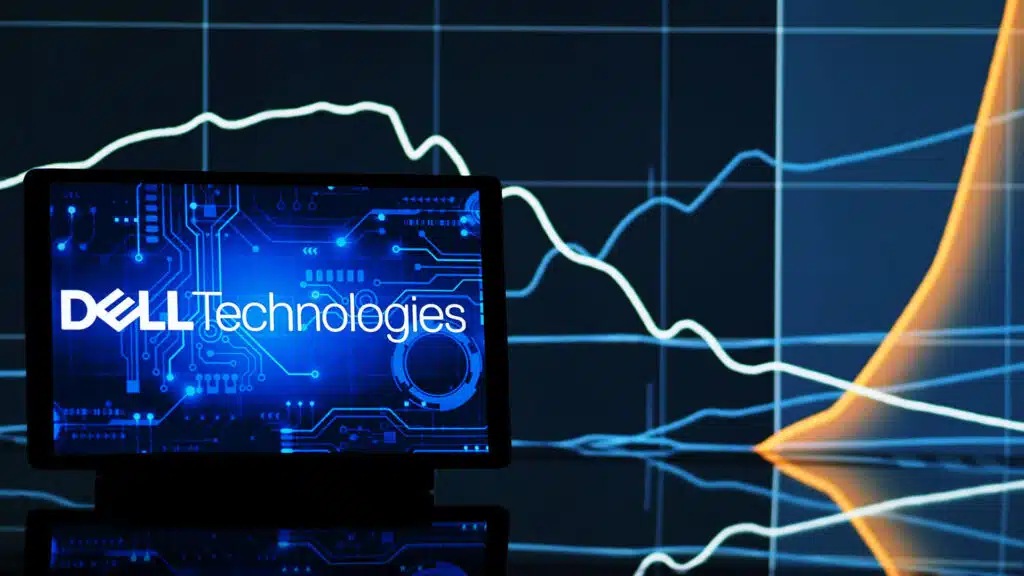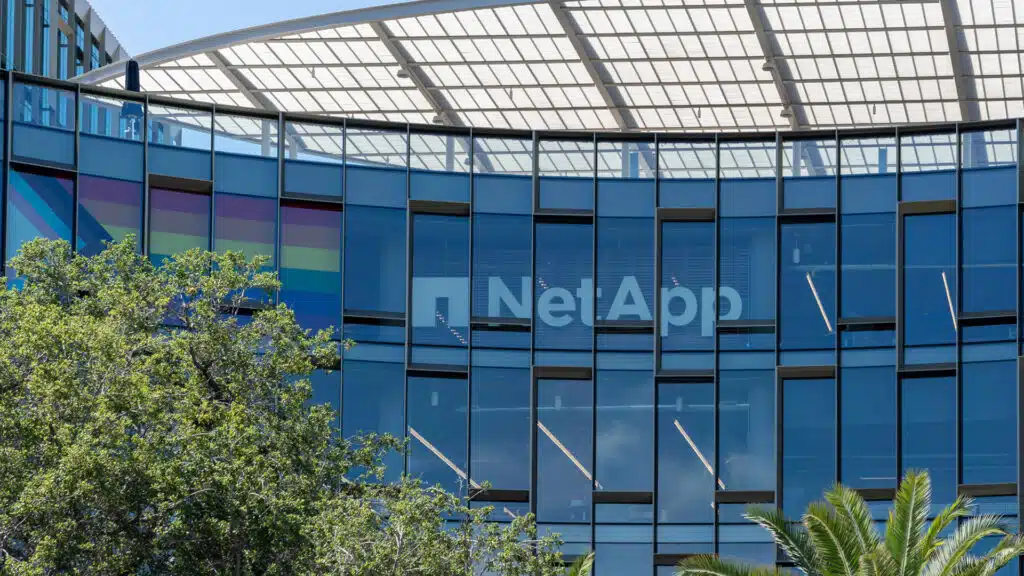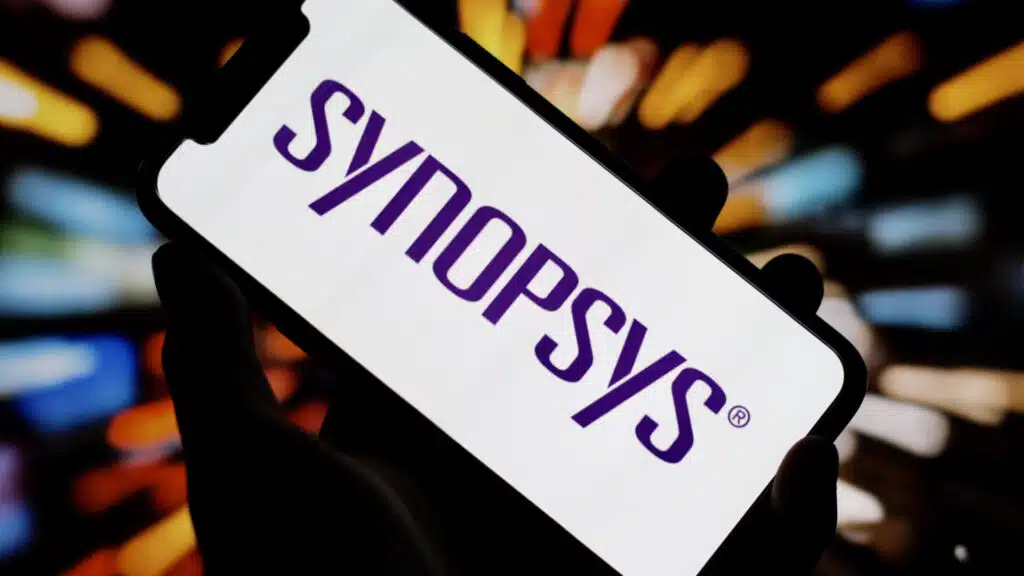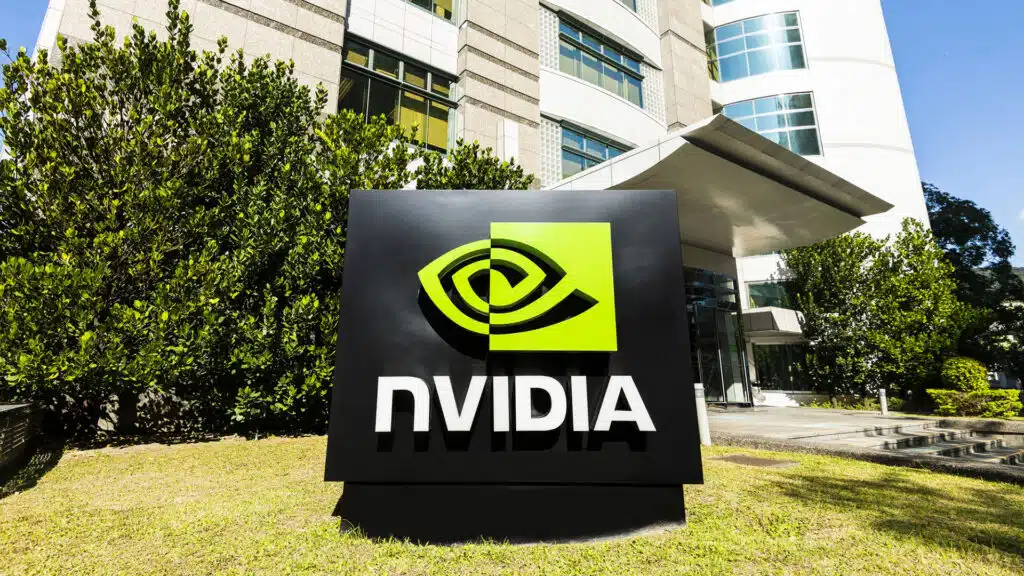The News: NVIDIA said it plans to acquire Cumulus Networks, signaling that the GPU powerhouse’s data center networking ambitions aren’t ending with its recently closed acquisition of Mellanox Technologies.
The Santa Clara, Calif.-based company announced its intention to acquire Cumulus Networks, a provider of open networking software, Monday, saying that the move will allow the chipmaker to “innovate and optimize across the entire networking stack from chips and system to software.” Read the full news item on CRN.
Analyst Take: NVIDIA is showing its continued growing commitment to network technology following last week’s finalizing of the Mellanox Acquisition. With the addition of Cumulus networks, the company will add an open source software framework that has already been optimized to run with Mellanox and will enable the company to innovate and optimize across the entire networking stack from chips to systems to software.
At first glance, through the series of very strategic acquisitions, the company is acquiring companies to mirror the very successful approach it has taken to AI with hardware (GPUs), software and frameworks that have made NVIDIA one of the unquestioned leaders in the AI space.
It’s important to note that Cumulus software runs on Cumulus Linux, which is its homegrown linux based operating system for networks. The company supports a wide variety of hardware platforms and as mentioned above, is already optimized to run on Mellanox Spectrum switches.
Overall Impressions of NVIDIA’s Acquisition of Cumulus
This acquisition is an absolute no-brainer for NVIDIA. While the company has been somewhat of an outlier in using organic growth over acquisition based strategies, this particular acquisition was a perfect follow on for NVIDIA to maximize the returns on the Mellanox investment.
I firmly believe that NVIDIA sees the opportunity to strengthen its position in the datacenter, but realized that it wasn’t just the computing power, but the network fabric that would enable more to be done with all the available computing power–This becomes especially true as Cloud and AI become the volume plays in datacenter workloads.
Hardware + Software + Frameworks have been NVIDIA’s ingredients for becoming a leader in the areas that it play. This approach seems to be the same in shoring up and expanding the potential of its enterprise/datacenter business.
Futurum Research provides industry research and analysis. These columns are for educational purposes only and should not be considered in any way investment advice.
Read more analysis from Futurum Research:
AWS Results Still a Bright Spot Within Amazon’s Q1 Earnings
Microsoft Posts Another Tremendous Quarter Despite Pandemic Woes
The Strategy Behind Intel’s Acquisition of Mobility Player Moovit
Image: NVIDIA
Author Information
Daniel is the CEO of The Futurum Group. Living his life at the intersection of people and technology, Daniel works with the world’s largest technology brands exploring Digital Transformation and how it is influencing the enterprise.
From the leading edge of AI to global technology policy, Daniel makes the connections between business, people and tech that are required for companies to benefit most from their technology investments. Daniel is a top 5 globally ranked industry analyst and his ideas are regularly cited or shared in television appearances by CNBC, Bloomberg, Wall Street Journal and hundreds of other sites around the world.
A 7x Best-Selling Author including his most recent book “Human/Machine.” Daniel is also a Forbes and MarketWatch (Dow Jones) contributor.
An MBA and Former Graduate Adjunct Faculty, Daniel is an Austin Texas transplant after 40 years in Chicago. His speaking takes him around the world each year as he shares his vision of the role technology will play in our future.







